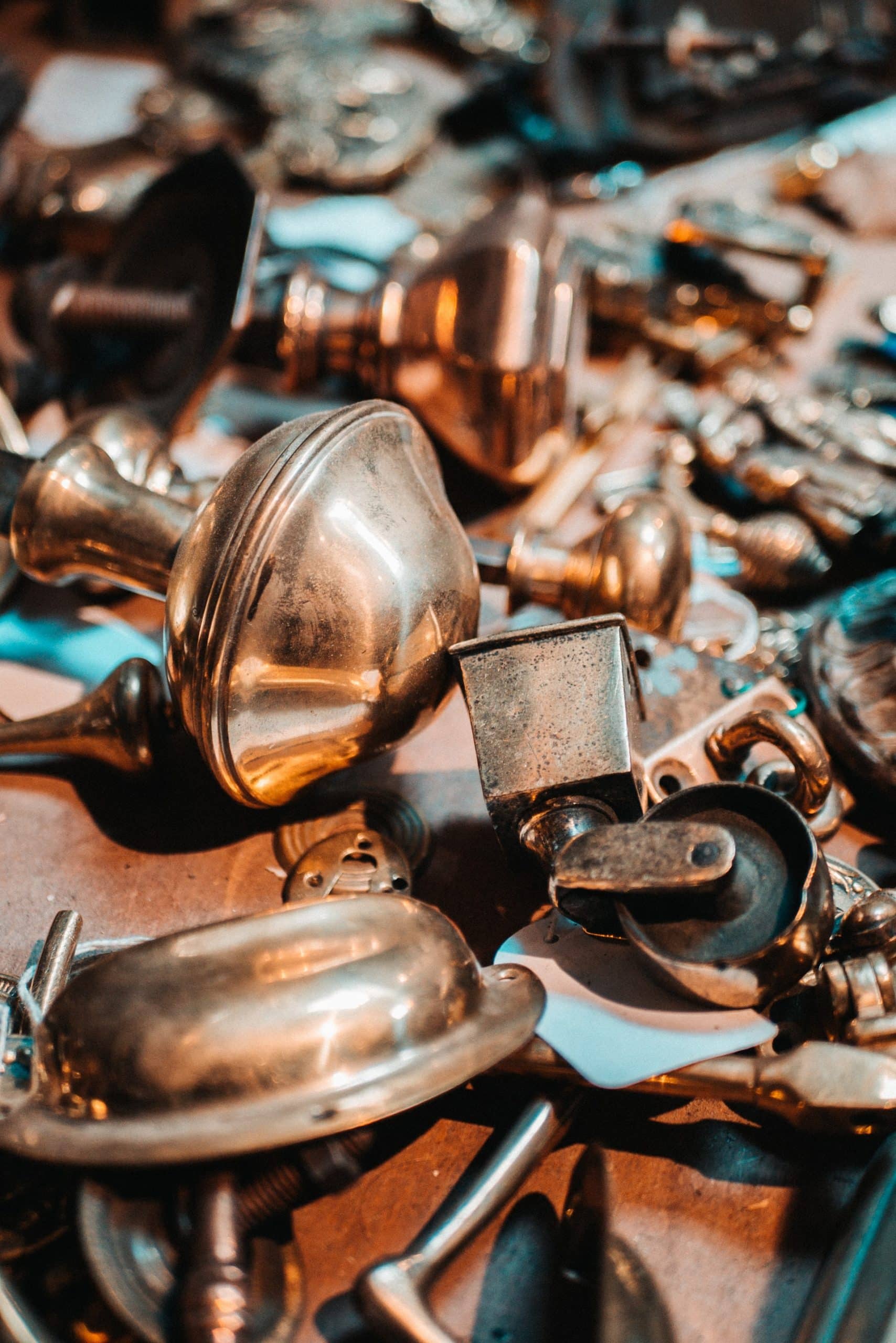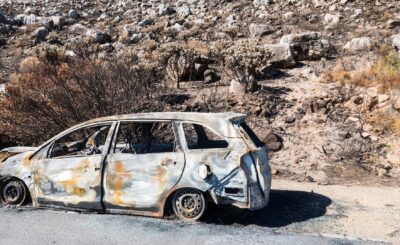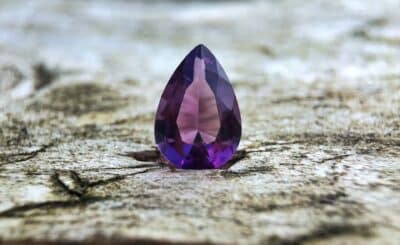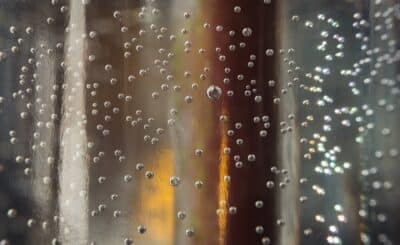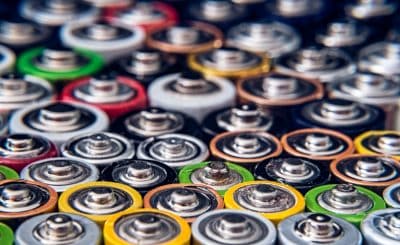Brass is an alloy of copper and zinc and the ratio of the mix can be varied to produce the desired properties, which might be electrical, mechanical or chemical in nature. This amazing alloy was widely used in the making of antique furniture and here are a few surprising facts about brass that you probably didn’t know.
- Copper And Zinc Make Brass – While most people know that brass is an alloy, they do not know which metals are used in the process. Other materials that might be in brass include manganese, aluminium, lead, phosphorus and silicon, although in small quantities.
- When Stretched, The Tubing On A Trumpet Is 6’6” Long – This might surprise you, as a trumpet is quite a small instrument, yet the length is necessary to achieve the right tone. If you have a few old brass instruments that you would like to recycle, search online for the nearest Sydney brass scrap yard or a scrap metal recycler near your location and they would offer you the best price for your old copper trumpets.
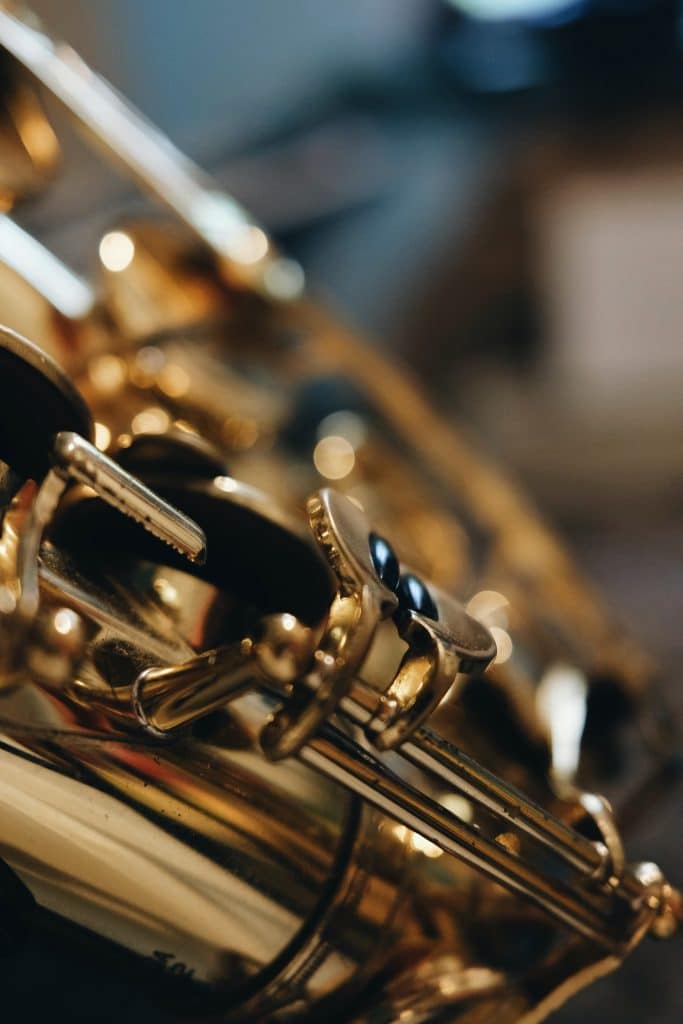
- Ammunition Cases Are Made Of Brass – The exterior shell of a bullet is made of brass, which is filled with gunpowder, then the projectile is inserted into the brass shell. Shooting ranges recycle all empty shell casings, which have to be cleaned to remove any gunpowder residue.
- French Horns Were First Used For Hunting – The classic French horn has a beautiful sound, but prior to being in a band, the horn was used for hunting when the French aristocracy chased wild animals. The sound would signal that the prey is on its way to the area where the hunters are waiting.
- Brass Rubbing Originated In England – Brass rubbing is the art of transferring a brass decoration onto paper and this craft originated in English churches, where brass decorations were common.
- Brass Is Highly Conductive – One of the great qualities of brass is the high level of conductivity and that means it is used in electronics. Brass wiring can easily be removed from old devices and you can sell the brass to a scrap metal dealer, who would pay you the going rate per kg and probably collect the scrap too!
- Brass Can Be Hard Or Soft – By changing the ratio of copper to zinc, you can make the brass harder or softer. Hard brass would be used in gearing and hinges, while soft brass is suitable for ornamental work. One common ratio is 67% copper and 33% zinc, while there can be wide variations.
- The Colour Of Brass Can Be Varied – By varying the ratio of copper and zinc, you can alter the shade of the brass.
- Brass Does Not Create Sparks – Brass is often used when there is a risk of a fire, as it does not create sparks when struck together.
- Scrap Brass Is Valuable – If you have amassed a volume of brass, you should call a local scrap metal dealer and ask about the per kg prices, which might surprise you.
There is always a big demand for recycled brass and if you have any old metal laying around at home, call your local scrap metal dealer.


